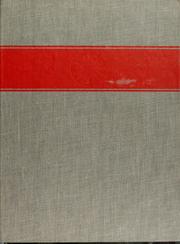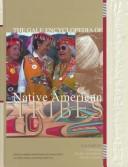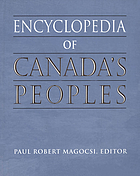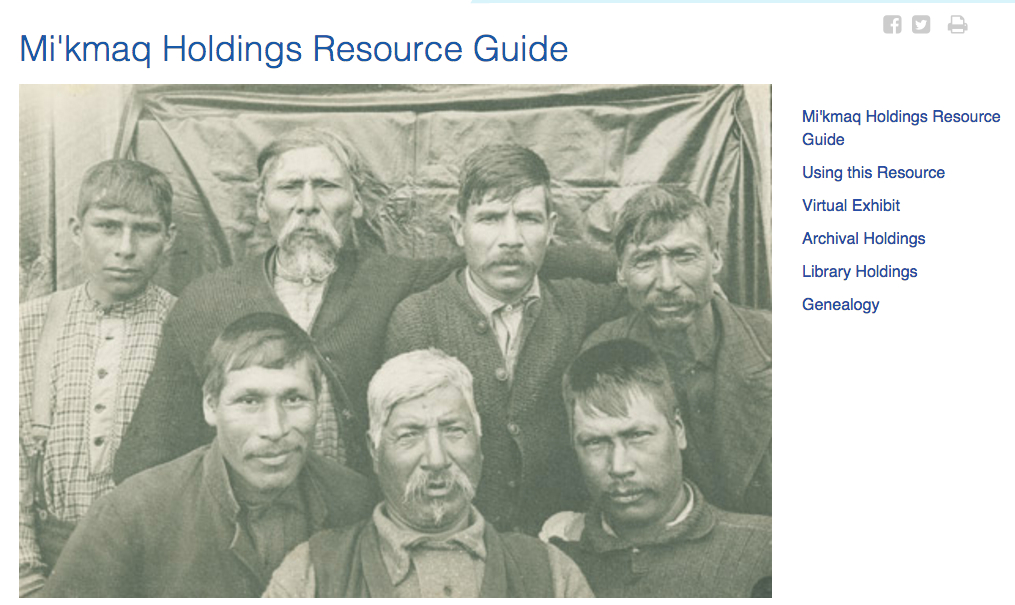I. Getting Started
The Library has a number of Reference works discussing North American First Nations (predominantly in the E77 - E99 call # range), including a couple which have detailed entries on the Mi’kmaq:
 - Bock, Philip K. “Micmac” in The Handbook of North American Indians v. 15. Washington, DC : Smithsonian Institution, 1978. pp. 109 - 122.
- Bock, Philip K. “Micmac” in The Handbook of North American Indians v. 15. Washington, DC : Smithsonian Institution, 1978. pp. 109 - 122.
Call # E77. H25 v. 15
Though now rather dated, and containing some assertions called into question by more recent scholarship (notably that the Mi’kmaq played “a major role” in the demise of Newfoundland’s Beothuk), this work remains a well-researched and well-written introduction to Mi’kmaq culture and heritage from “pre-contact” through to the 1960s. Generous illustrations and a note on historical information sources further enhance the text.
 - Shepherd, Kenneth R. “Micmac” in The Gale Encyclopedia of Native American Tribes v.1. Toronto, ON : Gale Research, Inc., 1998. pp. 134 - 141.
- Shepherd, Kenneth R. “Micmac” in The Gale Encyclopedia of Native American Tribes v.1. Toronto, ON : Gale Research, Inc., 1998. pp. 134 - 141.
Call # E77.G15 1998 v.1
Shorter and less detailed than Bock’s essay, this work nevertheless offers a welcome update to his writing. The organization of information is also more intuitive and more accessible to the non-specialist reader than in Bock’s work, though there are fewer illustrations. The bibliography and further reading section provides a useful listing of major writings about the Mi’kmaq, current up to the mid-1990s.
Also of note in the Library Reference section is:
 - Chute, Janet E. “Aboriginals : Algonquians/Eastern Woodlands” in The Encyclopedia of Canada’s Peoples. Toronto, ON : University of Toronto Press, 1999. pp. 14 - 30.
- Chute, Janet E. “Aboriginals : Algonquians/Eastern Woodlands” in The Encyclopedia of Canada’s Peoples. Toronto, ON : University of Toronto Press, 1999. pp. 14 - 30.
Call # FC104.E56 1999
While the decision not to grant the Mi’kmaq (or, at least, Eastern Algonquian speakers -- Abenaki, Delaware, Malecite, and Mi’kmaq) their own entry in this fine volume might be regretted, this does not detract from the overall excellence of the information to be found on the Mi’kmaq throughout the chapter on Eastern Woodlands Algonquians. Topics covered include history, economics, family/social organization, culture and religion, education and language, and politics (including relations with other ethnic groups). There are no illustrations, but the writing is clear and concise, and the inclusion of Mi’kmaq within a broader chapter on Eastern Woodlands peoples does have the virtue of positioning this First Nation in a regional context. Suggestions for further reading are provided.
Online resources of note include:

- Nova Scotia Archives & Records Management.
Mi'kmaq Holdings Research Guide (http://novascotia.ca/archives/mikmaq/)
In addition to a wealth of information on the extensive Mi’kmaq-related material at the Nova Scotia Archives, along with digitized samples of textual, artifactual, materials from these holdings, this site also offers an “Other Links and Online Resources” section, a varied and well-chosen selection of Mi’kmaq resources and information available from other organizations.
- Cape Breton University. Unama'ki College.
Sister Dorothy Moore L’nu Resource Centre (LRC)
(https://www.cbu.ca/indigenous-initiatives/lnu-resource-centre)
A project of the Unama'ki College -- which works to further the educational goals of Mi’kmaw communities -- this Resource Centre, “collects material on Mi’kmaw and Indigenous history, language, and culture.” The Centre has also made a substantial number of essays and other texts available through its website, and offers comprehensive listings of Mi’kmaq-related Web sites and books.
Information specific to Prince Edward Island (Epekwitk) Mi’kmaq can be found through the websites of several key Aboriginal organizations in the province:
- The Mi’kmaq Confederacy of PEI (mcpei.ca), a tribal council operated cooperatively by the Lennox Island and Abegweit First Nations;
- L'Nuey (the PEI Mi'kmaq Rights Initiative) was established in 2019 by the Epekwitk Assembly of Councils to focus specifically on, "the advancement, implementation, and protection of the constitutionally entrenched rights of the Epekwitnewaq Mi’kmaq (Mi’kmaq of PEI)."
- The Native Council of PEI (www.ncpei.com), which represents “off-Reserve” aboriginals.
The PEI Government’s Indigenous Relations Secretariat has only a modest Web presence, but its site does include some items of interest, including a link to the 2019 Mi’kmaq, Prince Edward Island and Canada Framework Agreement.
MI'KMAQ RESEARCH GUIDE HOME NEXT SECTION >
Created by: Simon Lloyd, B.A., M.L.I.S. -- University Librarian (Interim, July 2025 - )
Phone: 902-566-0460
e-mail: slloyd@upei.ca
Date created: 01-November-2010
Date last updated: 25-July-2025